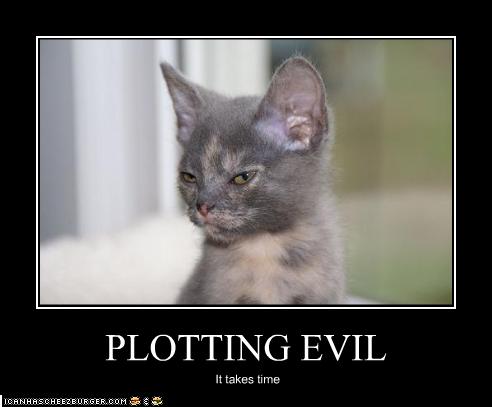Some books skyrocket to the top of the sales charts. I’ve read a few and wondered why they were so popular. I’m sure you have, too. Most people agree on the ingredients that keep readers reading once they open a book.
I’m a voracious reader. If you’ve followed this blog long, you’ve seen a number of book reviews. You’ll notice that I don’t love a book just because it’s a Pulitzer Prize winner. Nor does the fact something was penned by Shakespeare guarantee my adoration.
On the other side of my brain, however, I’m a writer. As a writer, I need to know the elements of a breakout novel – so I can pen one. If it’s so subjective, how can I ever be sure?
It’s not really all that subjective
The truth is: nearly all best-sellers share important qualities. A truly stellar book will have all five: character, plot, tension, voice, and turn of phrase.
Character
A story is about someone. This someone should never be perfect, but whatever their flaws, they have to gain our sympathy. We need to care about them.
I read a book for one of my literature classes about a middle class boy who had a rough upbringing, so he ran away. And became a total juvenile delinquent: breaking into houses and trashing them, living in a bus, and growing weed.
My professor swore this guy was an anti-hero, and I needed to learn how to see that. I still don’t see it – for one reason: The reader must care about the hero (or anti-hero). The author of this book never convinced me that this boy was anything more than a selfish jerk. Did he have reasons? Don’t we all? But there was nothing to redeem him or make me feel his pain. The writer didn’t do their job and deliver a character to care about.
Plot
Plot is simply the story. The events that happen to make the characters reveal themselves and their problems is the plot.

It’s more than that, too. There needs to be a problem introduced early in the story that will be resolved by the end. Each thing that happens and every choice the character makes, moves him closer to (or usually further away from) solving the problem.
If there isn’t a problem, there isn’t a story. If the problem isn’t resolved by the end (it doesn’t have to be a happy ending), the plot isn’t complete, and the reader will walk away feeling cheated.
Tension
Once we have a character who has a problem to solve, something must stand in the way.
If this is just a collection of random bad things that happen on the way to the prom, the reader is going to yawn and close the book. No writer wants a reader to close her book.
Every scene in the story must have tension. It can be tension caused by two characters wanting the same thing. Tension comes when bad things deliberately happen to the characters: chased by bad guys, beat up by the school bully. These things need to be directly related to the character’s attempt to solve the problem.
Secrets add tension. Major reversals add tension. Personality conflicts add tension. Romance can contribute to tension.
Stressed out characters are great. As long as your reader cares about your characters, they will not stop reading while your character is on the edge.
Voice
For me, this is one of the things that might keep me reading if I don’t like the character, and the story seems weak.
Voice is the ability for the reader to hear your character. The words on the page aren’t written by someone else, they are the embodiment of your character. The way he describes things is consistent with his fifteen-year-old vocabulary and world view. He probably isn’t going to describe the colors of the walls, but he’ll notice the gaming system in the corner.
A strong voice keeps the reader snared in the fictional world. A friend is in trouble, and they have to find out what happens.
Turn of Phrase
This is strongly related to voice. Words exist to paint the view an author sees. If the writer chooses the best words and arranges them perfectly, the reader will share the vision.
Some prose makes me laugh. ”The truth? That would earn her the boot and a restraining order.”
Some prose makes me cry. Some draws me completely into the story world.
Some keeps me thinking for days after I’ve closed the book. “The one thing that doesn’t abide by majority rule is a person’s conscience” (from To Kill a Mockingbird by Harper Lee).
 Any hack can write a story with an interesting character. A few can write this story with so much tension a reader can’t turn the pages quickly enough. A few make the voice of their character stay in your head for days, weeks and months. The true minority, who write a riveting book, can accomplish all that with words that sing the story into memory.
Any hack can write a story with an interesting character. A few can write this story with so much tension a reader can’t turn the pages quickly enough. A few make the voice of their character stay in your head for days, weeks and months. The true minority, who write a riveting book, can accomplish all that with words that sing the story into memory.
No, I can’t quote lines from books I loved. Not many, anyway. But I could tell you the story and why I liked the character. I could tell you about a scene that made me laugh or cry.
If the writing is average (like most of mine), I probably won’t even be able to tell you the character’s name. Even if I like her.
Do you agree with these essentials? Is there something else you feel is more important? Can you rank these in order of importance to you?
